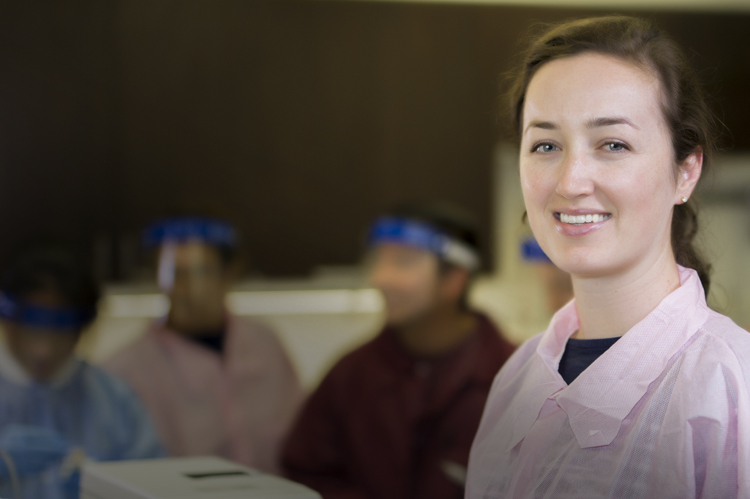FAQs
A. A medical laboratory technician (MLT) is an important part of the health care team, specifically the clinical laboratory. They perform specimen collection (phlebotomy) from patients and analyze patient samples as requested by the patients healthcare provider. MLTs work under the supervision of the Clinical Laboratory Scientist (CLS) to perform moderate complexity testing on patient samples. MLTs are trained to maintain, operate, and troubleshoot automated medical instrumentation and equipment.
MLTs graduate from California state approved and/or nationally (NAACLS) accredited programs after successfully completing courses in: Hematology, Coagulation, Urinalysis, Chemistry, Microbiology, and Immunology/ Immunohematology (Blood Bank) as well as completing the required clinical training hours in a clinical laboratory setting. Upon graduation, MLT are required to pass a national certification exam and/or a State of California certification exam to become certified or licensed MLT. Employment in the State of California requires a MLT certification or license.
All licensed MLTs must complete and document 24 hours of continuing education within a 2-year period to maintain a current and valid California MLT certification or license.
Q. How can I become a MLT? How long does the program take to complete?
A. Achieve an AS degree in MLT from College of the Canyons and successfully pass a national and/or state of California certification exam.If you have already completed your pre-requisite courses, it takes 2 years or 4 semesters to complete the program.
Q. Where can a MLT find employment?
A. There is a severe workforce shortage nationwide and in California, specifically in the clinical laboratory, with a number of CLSs retiring and not enough students graduating from CLS programs to meet the demand as well as the increase in demand for laboratory testing. Currently, there is approximately between 10-20% vacancy rate statewide.MLTs can work in a variety of job settings such as hospital laboratories, clinics, veterinary laboratories, physician laboratories, research labs, commercial laboratories, biotechnology companies, pharmaceutical companies, and technical support/ service for medical devices/ instrumentation.
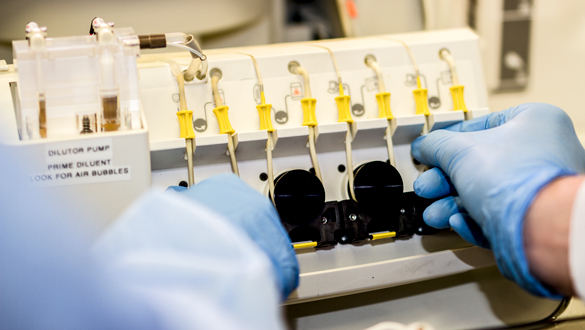
Q. What are the required prerequisite courses offered by College of the Canyons?
A.
- BIOSCI 201 Introduction to Human Anatomy (4.0 units) BIOSCI 202 Introduction to Human Physiology (4.0 units) -OR - BIOSCI 204 Human Anatomy and Physiology I (4.0 units) BIOSCI 205 Human Anatomy and Physiology II (4.0 units)
- BIOSCI 221 Introduction to Microbiology (5.0 units)
CHEM 151 Preparatory General Chemistry (4.0 units)
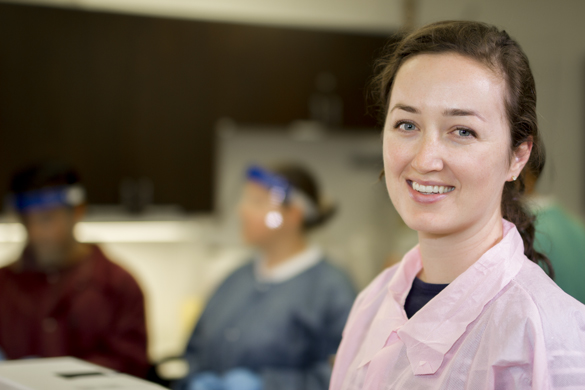
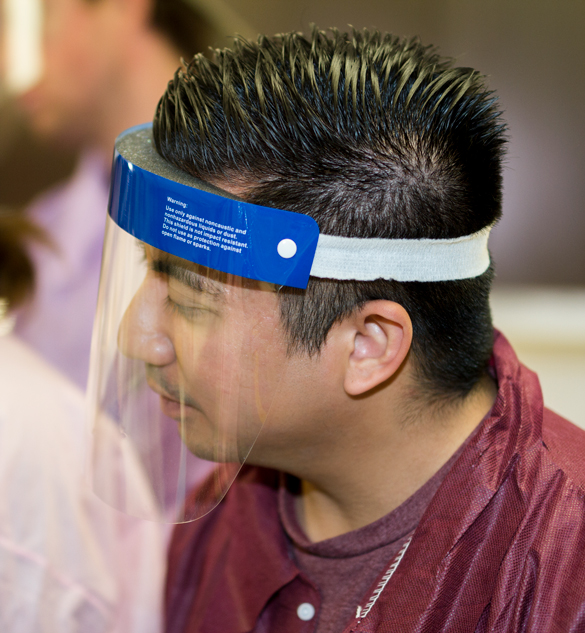
Q. What is the admissions process for the MLT Program?
A.
- Submit a College of the Canyons application and obtain a student ID number.
a. Set up a mycanyons account
b. Obtain a COC email - Submit the following documents to the Admissions and Records:
a. Official sealed transcripts from ALL colleges attended, except COC must include ALL coursework, MLT pre-requisite courses and non-prerequisite courses (non-prerequisite courses).
b. Foreign transcripts MUST be evaluated by a NACES approved agency (required by the college).
c. Foreign transcripts MUST be evaluated by AACRAO (required by the California Department of Public Health Laboratory Field Services). - Submit a complete MLT program application to the School of Mathematics, Sciences, and Health Professions Office BONH243A. (Applications are due in the Spring semester see the website for deadlines).
- The MLT application and official transcripts will be evaluated to determine if the applicant meets the current MLT Program selection criteria. Applicants will be deemed ineligible if the admission requirements are not met.
Q. How many students are accepted per year?
A. The number of students is determined by the availability of clinical training sites.
Q. When are students accepted to the program?
A. Students are notified of their acceptance to the MLT program by no later than July 30 preceding the start of the subsequent Fall Semester.
Q. What is the instructor-to-student ratio in the program?
A. In the didactic first year, there is a typically a 1 to 24.In the laboratory, there is a maximum of 1 to 16 ratio.In the clinical laboratory site, there is typically a maximum of a 1 to 2 ratio.
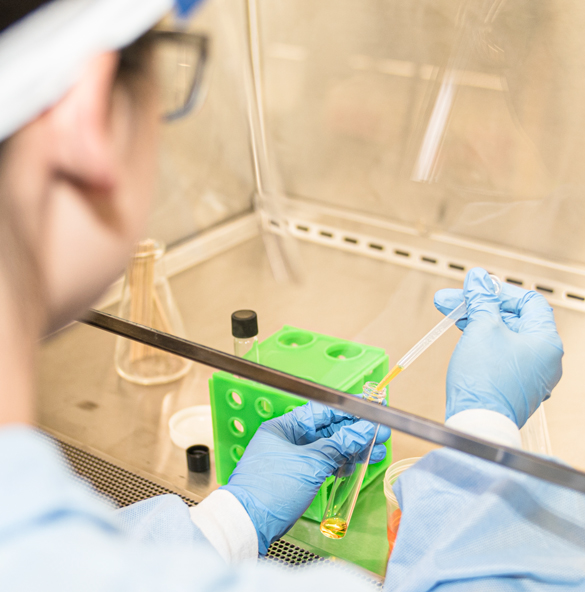

 My Canyons
My Canyons  Canvas
Canvas 
